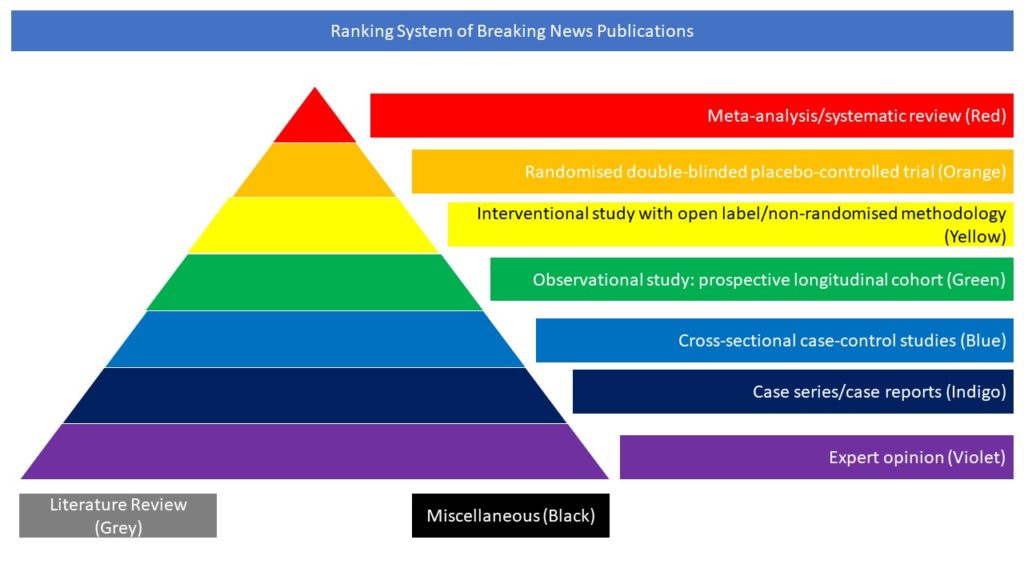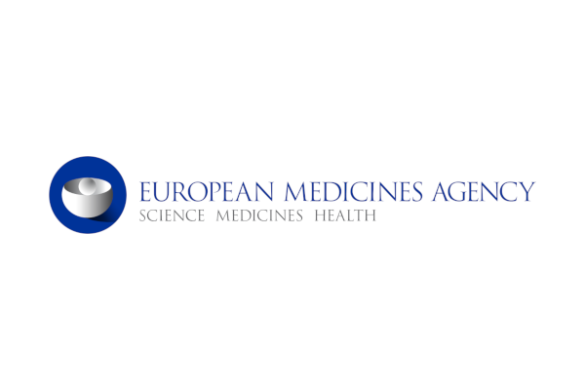Meta-analysis Systematic Review (Red)
SARS-CoV-2 infection predisposes patients to arterial and venous thrombosis. This study aimed to systematically review the available evidence in the literature for cerebral venous thrombosis (CVT) in association with coronavirus disease-2019 (COVID-19). A literature search in MEDLINE, EMBASE and Cochrane CENTRAL databases was performed to identify cases of COVID-19-associated CVT. The search period spanned January 1st to December 1st 2020 and the review protocol (PROSPERO-CRD42020214327) followed PRISMA guidelines. Identified studies were evaluated for bias using the Newcastle-Ottawa scale (NOS). Proportion meta-analysis was performed to estimate the frequency of CVT among hospitalised COVID-19 patients. 57 cases from 28 reports were identified. Study quality was mostly classified as low. CVT symptoms developed after respiratory disease in 90%, after a mean interval of 13 days. CVT involved multiple sites in 67% of individuals, the deep venous system was affected in 37% and parenchymal hemorrhage was found in 42%. Predisposing factors for CVT beyond SARS-CoV-2 infection were present in 31%. In-hospital mortality was 40%. Using background data from 34331 patients, the estimated frequency of CVT among patients hospitalised for SARS-CoV-2 infection was 0.08% (95%CI=0.01-0.5). In an in-patient setting, CVT accounted for 4.2% of cerebrovascular disorders in individuals with COVID-19 (cohort of 406 patients, 95%CI=1.47-11.39). The authors concluded that CVT in the context of SARS-CoV-2 infection is rare, although there seems to be an increased relative risk. A high index of suspicion is necessary, since the diagnosis of this potentially life-threatening condition in COVID-19 patients can be challenging. Evidence is still scarce on the pathophysiology and potential prevention of COVID-19 associated CVT.
DOI: 10.1111/ene.14727













